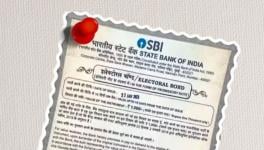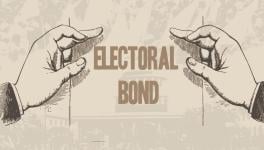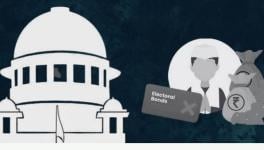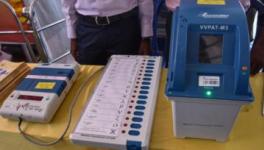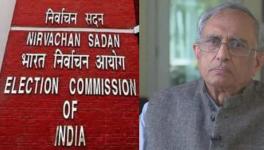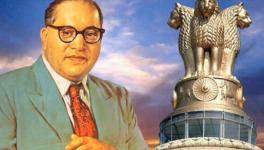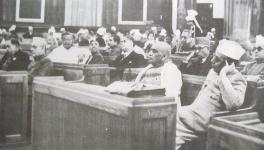Electoral Bonds: Citizens Don’t Have Right to Know Source of Funds, Centre Tells SC
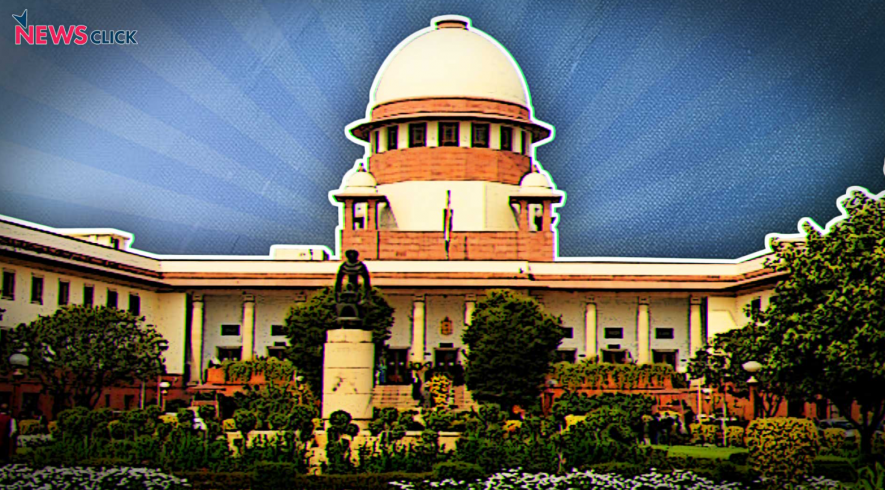
New Delhi: Holding that the electoral bond scheme for political funding of parties contributes to clean money, Attorney General R Venkataramani has told the Supreme Court that citizens do not have the right to information under Article 19(1)(a) of the Constitution regarding the source of funds.
In a statement filed before the top court, Venkataramani said there can be no general right to know “anything and everything” without being subjected to reasonable restrictions.
“The scheme in question extends the benefit of confidentiality to the contributor. It ensures and promotes clean money being contributed. It ensures abiding by tax obligations. Thus, it does not fall foul of any existing right,” the AG told the apex court.
The top court law officer said the power of judicial review is not about scanning state policies for the purposes of suggesting better or different prescriptions.
“A constitutional court reviews state action only if it impinges upon existing rights and not because State action has not provided for a possible right or an expectation howsoever desirable,” he said.
“That contribution to political parties has democratic significance and a fit subject for political debate and demand of governance accountability free from influences does not mean that the court will proceed to declare on such matters in the absence of a clear constitutionally offending law,” Venkataramani said.
A five-judge constitution bench of the Supreme Court is scheduled to commence hearing from October 31 a batch of pleas challenging the validity of the electoral bond scheme for political funding of parties.
The scheme, which was notified by the government on January 2, 2018, was pitched as an alternative to cash donations made to political parties as part of efforts to bring in transparency in political funding.
According to the provisions of the scheme, electoral bonds may be purchased by any citizen of India or entity incorporated or established in India. An individual can buy electoral bonds, either singly or jointly with other individuals.
The bench headed by Chief Justice DY Chandrachud is scheduled to take up the batch of four pleas, including those filed by Congress leader Jaya Thakur and the CPI(M).
The other members of the bench are justices Sanjiv Khanna, BR Gavai, JB Pardiwala and Manoj Misra. On January 20, 2020, the apex court had refused to grant interim stay on the 2018 Electoral Bonds Scheme and sought responses of the Centre and the Election Commission to an interim application by the NGO seeking a stay on the scheme.
Only political parties registered under Section 29A of the Representation of the People Act, 1951 and which secured not less than one per cent of votes polled in the last general election to Lok Sabha or the legislative assembly of the state are eligible to receive electoral bonds.
Get the latest reports & analysis with people's perspective on Protests, movements & deep analytical videos, discussions of the current affairs in your Telegram app. Subscribe to NewsClick's Telegram channel & get Real-Time updates on stories, as they get published on our website.









